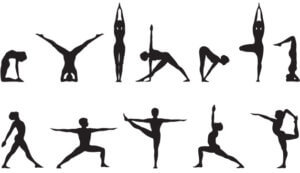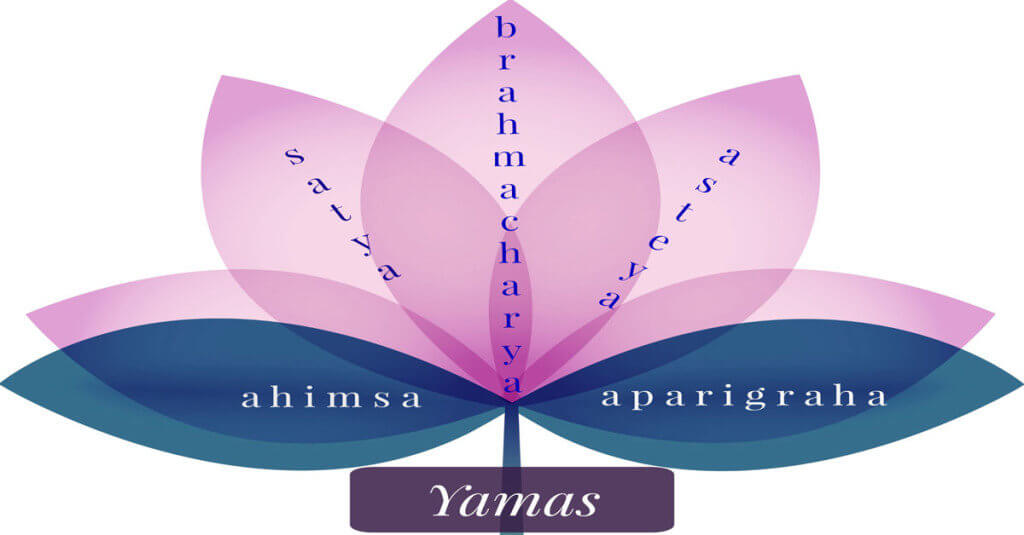
Summary: Learn the four elements that you can incorporate into your life for practicing the art of self-compassion.
The great book of Patanjali Yoga Sutras quotes, “Maitri Karuna mudita apekshanam sukha dukha punya apunya visayanam bhavanta chittah prasadnam”, meaning purification of one’s mind and consciousness occurs from an attitude of friendship when encountering happiness, compassion when dealing with sufferings, gladness when encountering virtue, and neutrality when dealing with vice.
Also, it states that one way to remove all the fluctuations of the mind and to make it rest in a state of absolute tranquility is to practice self-compassion in the phase of suffering and to become aware of one’s consciousness on both physical and psychical level. Self-compassion involves acting for the self in the time of difficulties, failures, and afflictions so that you can allow yourself to be more happy and healthy. Perhaps, most importantly, having self-compassion implies that you honor yourself and your humaneness.
Dwelling in the practice of yoga presents its practitioners with numerous ways of discovering self-compassion. And here are some of the ways for doing so:
1.Yoga Postures:

Yoga asanas are one of the eight limbs as stated by Sage Patanjali in the Book of Yoga Sutras. The correct and dedicated practice of yoga asanas helps in removing all the obstructions of the mind and calms the brain. Once all the unnecessary thoughts, instability is removed from the mind of the person, they are able to experience oneness and the reconnection with the divine self.
As we delve deeper into yoga practices, we are able to establish stronger bonds with our own body; we learn to listen to the needs of our body that help us lead a more meaningful and a mindful life. When we are deeply connected with our true conscious we can attain the state of ‘pratyahara’. Practice eagle pose, bridge pose, reclined bound angle pose to cultivate feelings of self-compassion and forgiveness from within.
2. Yamas:

The first Yama or the ethical guideline outlined in Patanjali’s Yoga Sutra is ‘Ahimsa’– nonviolence. Ahimsa is not just about non-harming but is also about self-compassion. We are often taught to push ourselves to the limits, to get a robust body, to strike a perfect pose, to give our personal best, and what not. Failing to achieve this gives rise to inner conflicts, frustration and self -dissatisfaction which is a kind of violence against the self that pushes love away. By incorporating the principle of ahimsa into our daily lives we can lead a wonderful stride. The practice of ahimsa can be instilled in all aspects of life: physical, mental, and emotional as it greatly helps us love ourselves deeply. Also, the science of yoga is a great practice to access ahimsa in our daily encounters. The regular practice of yoga helps us confront our inner darker side with compassion thus paving a way to transform the negative feelings into positive tendencies without hurting the self.
3. Pranayama:

One of the simplest ways to practice self-compassion is through Pranayama Therapy. There numerous approaches to pranayama stemming from traditional Vedic lineages. Some focus on manipulation of the breath for fighting depression, insomnia while others use breathing techniques to purify the energy channels for smooth flow of prana. Additionally, pranayama is an effective tool for calming the nervous system and allows us to lead a fulfilling life. As we become more and more aware of our breath and how it impacts the quality of our life, we exert control to change the unhealthy patterns of thinking, breathing, and acting.
4. Meditation:

The practice of various meditation techniques such as Vipassana meditation, Zen meditation, etc., allows us to observe and befriend our own body and mind leading to self-awareness and discernment. Also, the deep meditation practices help to still the wandering mind and are the key to developing a state of centred awareness.
Incorporate all the above attributes in your life and find peace within the body with self-compassion and acceptance.
